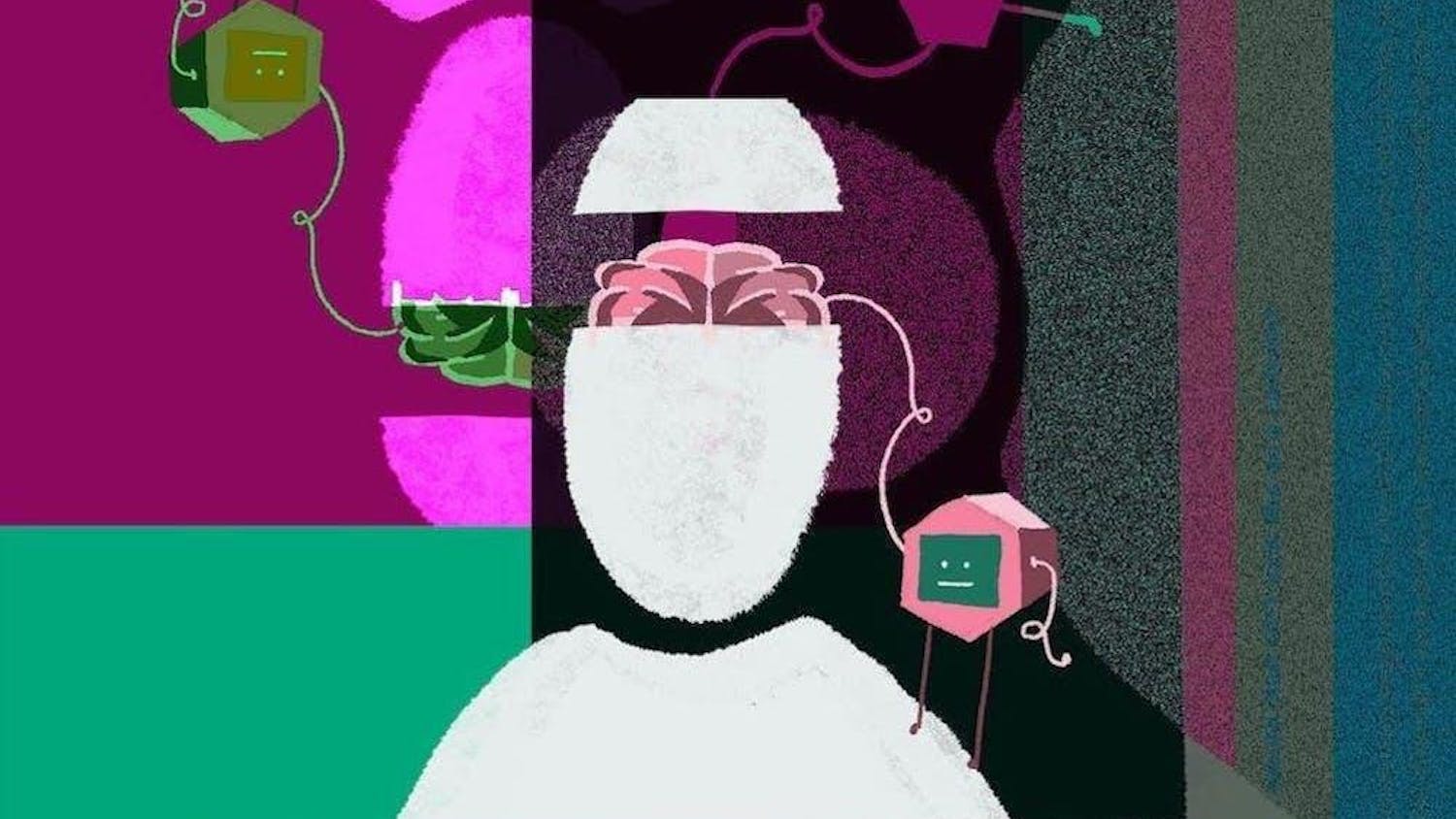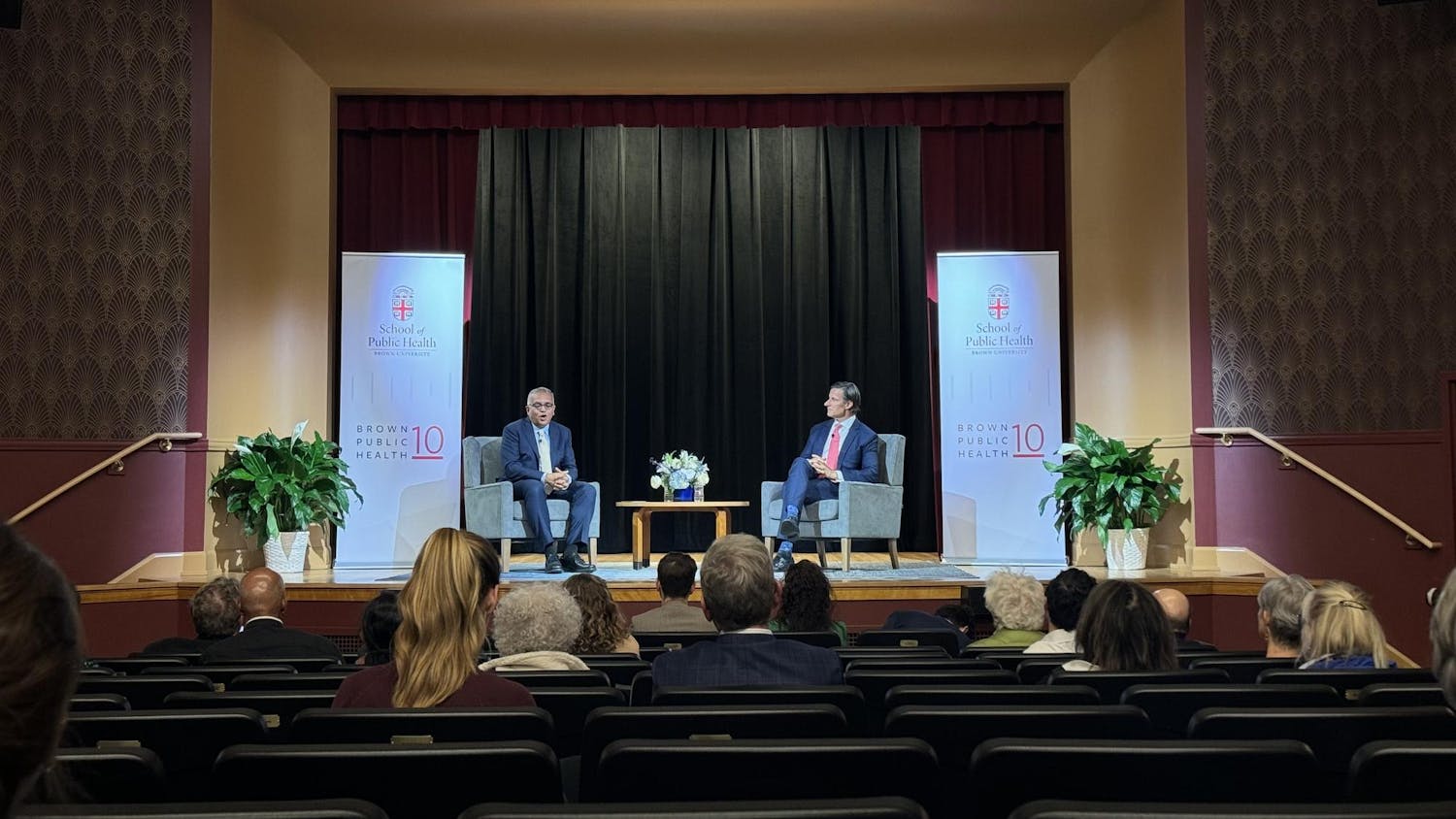Do children believe in free will? They believe more and more as they grow older, according to a new psychology research study.
A group of researchers from Brown, Cornell, the University of California at Berkeley and the University of Michigan carried out the study on children between the ages of four and six that tested the children’s beliefs in the agency of their actions. It was a “big collaborative project looking at children’s intuitions about free will,” said Nadia Chernyak, a postdoctoral research associate in the Department of Clinical, Linguistic and Psychological Sciences and a co-author of the study. Tamar Kushnir from Cornell, Alison Gopnik from University of California, Berkeley, Henry Wellman from the University of Michigan and Elizabeth Seiver from the Public Library of Science also worked on the study, which will be published in the May issue of the journal Cognition.
“In general, we come to find that we go through our lives feeling like we have choices, but there are some really important developmental changes that go on in children between the ages of four and six,” Chernyak said. “For example, if you ask a child, ‘Can you choose not to eat this delicious ice cream?’ that’s a choice they believe they don’t have until the age of six.”
The surveys also asked the child participants questions such as “Could you have drawn a circle or a square?” Chernyak said. Five experiments that each examined approximately 20 to 30 children from the researchers’ institutions, comprised the project.
“You find really important changes from four and onwards,” Chernyak said. “For example, at four years old you feel like you have no choice but to follow your own desires. So if you see ice cream, even though you know you shouldn’t eat it, you feel like you have no choice,” she said.
“By age six, kids don’t always feel that way. Usually after that they can choose to override their very own desires,” she added.
Chernyak said these same intuitions also apply to morality. “At age four, at least in our culture, kids tend to think that morality isn’t a choice,” she said. For example, when children are asked if they have the ability to hurt another person, they will say “no.” “That’s not a choice that they could have made — they think that they don’t have the free will to do that,” she said. But by the age of eight, children understand that “morality is a choice,” so while they choose not to hurt others, they understand that they could if they wanted to.
The differences between “physically constrained” actions and “epistemically constrained” actions also play a role, Chernyak said. Physically constrained actions are made impossible by tangible obstacles, such as not being able to move when held down by another person or falling after jumping because of gravity, she said. Epistemically constrained actions are made impossible by one’s own knowledge. For example, someone who has never seen a bicycle would not be able to repair it.
Chernyak, who began working on the project as a first-year graduate student at Cornell, said the team plans to conduct follow-up studies. “This is going to be a huge topic in the years to come. My collaborators and I are really interested in figuring out exactly how free will intuitions develop and what consequences these intuitions have for children’s developing social cognition,” she said. “How do children and adults come to view themselves as freely choosing agents in this world, and what does this intuition mean for how they interpret the world and go about acting within it?”
Barry Plummer, clinical associate professor of psychiatry and human behavior, who was not involved in the study, stressed the importance of understanding this shift in perspective in children from age four to age six. Studying free will is a way of “better understanding the process that kids go through in terms of changes in their thinking, their social cognition and their ability to better think abstractly and in terms of cause and effect,” Plummer said.
By age six, children spend more time at school and away than at home, so they need this social awareness in order to be “adaptive human beings and citizens in the making, able to consider not just their own needs but those of others and what’s going on socially around them,” he said.
Plummer noted that he would have included seven-year-olds in the study as well because of important developmental changes between the ages of five and seven. He said he also would have taken the impact of the children’s different cultural backgrounds into account, he said. But overall, he praised the study as “well-done.”




